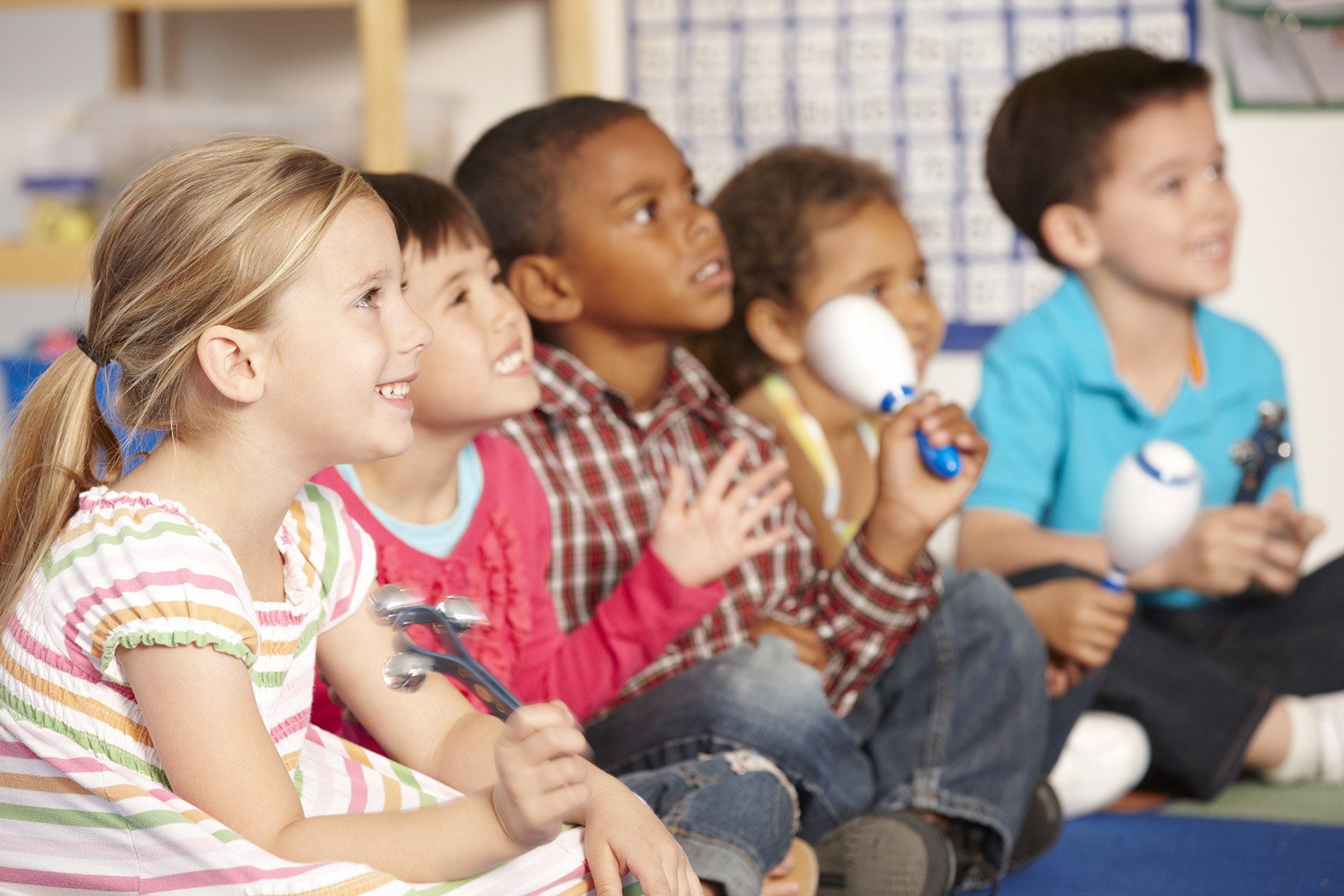Science
Our Curriculum
At St William’s Catholic Primary School, our curriculum stems from our Mission Statement:
‘By following Jesus’ example, standing side by side, we will nurture each other to fulfil our hopes and dreams’.
We are passionate about helping every child to fulfil their potential and become an all-round versatile citizen with the skills needed to succeed in life. We design our curriculum to ensure it is fully inclusive of every child and that it addresses each aspect of how a child develops, progresses and grows both academically and emotionally. We recognise that we live in a rapidly changing digital world and at St. William’s we want to enable our children to not just learn WHAT to think, but HOW to think by developing intellectual learning behaviours. ‘Thinking’ is at the heart of our curriculum because our intent is to future proof our children so they become independent and resilient citizens.
-
Intent
At St. William’s Catholic Primary School, we believe science teaches an understanding of natural phenomena. It aims to stimulate a child’s curiosity in finding out why things happen in the way they do. It teaches methods of enquiry and investigation to stimulate creative thought. Children learn to ask scientific questions and begin to appreciate the way science will affect their future on a personal, national, and global level.
This intent is underpinned by our vision for science as agreed by the children, staff and governors alike:
We want science to allow children to explore the world around them, using the outdoors as an extension of the classroom, so they have a deeper understanding of how the world works. To achieve this, opportunities are given to work collaboratively with practical, hands-on activities encouraging children to investigate their own questions and use their curiosity as the foundation for learning. Our aim is to involve the children in explaining and teaching others to help secure and extend their scientific knowledge and vocabulary, creating lifelong learners and scientists.
-
Implementation
In ensuring high standards of teaching and learning in science, we implement a curriculum that is progressive throughout our school, from Early Years up to Year 6. Science teaching at St. William’s involves adapting and extending the curriculum to match all pupils’ needs. Although staff are provided with the PLAN Knowledge and Working Scientifically Matrices, teachers plan to suit their children’s interests, current events, their own teaching style, the use of any support staff and the resources available. Our teaching sequence enables a continuous approach throughout the school to enable students to develop a deep scientific understanding. Science is taught consistently in standalone lessons, once a week for up to two hours, but is discretely taught in many different contexts throughout all areas of the curriculum. For example, through our Whole Class Reading sessions. We ensure children are given, or create their own, scientific vocabulary lists, which are completed or added to throughout a topic to support the children’s new-found knowledge and understanding.
At St. William’s we ensure that all students are exposed to rich learning experiences that aim to:
- Make links between science and other subjects.
- Prepare our students for life in an increasingly scientific and technological world.
- Build on our student’s natural curiosity and develop a scientific approach to solving problems.
- Help our students acquire a growing understanding of the nature, processes and methods of scientific ideas.
- Help develop and extend our student’s scientific concept of the world they live in.
- Develop the use of scientific language and vocabulary, recording and techniques.
- Develop in pupils a general sense of enquiry, which encourages them to question and make suggestions.
- Encourages open-mindedness, self-assessment, resilience and developing the key scientific skills including: observing, measuring, predicting, hypothesising, experimenting, communicating, interpreting, explaining and evaluating.
-
Impact
The impact and measure of this is to ensure students not only acquire the appropriate age-related knowledge linked to the science curriculum, but also skills which equip them to progress from their starting points, and within their everyday lives. Our aim for science is to increase the skills needed to navigate an ever-changing world of science and technology by immersing our students with scientific enquiry skills, key scientific knowledge and investigative skills. We aim to create a culture of high scientific aspirations, which will allow our students a platform to develop their scientific learning and careers, and to articulate their understanding of key scientific concepts.
We shall assess the impact of our curriculum by high quality teacher assessment, formal assessments for core subjects (including NFER), effective intervention and support, the use of nationally standardised tests in core subjects, professional reflection and consultation with pupils and parents and other means of external support. These methods will ensure teaching is matched to learning needs and pupils build learning blocks and competences as they grow. We will also mentor their attitudes to self and school and enhance their personal development.
-
Helping Your Child With Science at Home
Science as a subject is not just learnt within the classroom, good Science Education is a partnership between the child’s home and school and there are lots of things you can do as a parent/carer to support your child’s journey.
Allowing your child to talk about Science topics at home can be a really good way for them to explore and contextualise some of the content. If you have time, research some of the areas you know are coming up in your child’s Science programme, and anticipate any awkward questions.
For additional and information, you might find helpful, please see our ‘Useful Links’ section.
-
Useful Links
Key Documentation
Primary Science Quality Mark
"St. William's Catholic Primary School, Ince - Awarded Primary Science Quality Mark"
In April 2021 334 Primary Science Quality Marks have been awarded to infant, junior, primary, middle and special schools to celebrate their commitment to excellence in science teaching and learning. So far, since its national launch in 2010, over 4000 schools across the UK have achieved a prestigious Primary Science Quality Mark.
The Primary School Quality Mark programme ensures effective leadership of science, enables schools to work together to share good practice and is supported by professional development led by local experts. It encourages teacher autonomy and innovation while at the same time offering a clear framework for development in science subject leadership, teaching and learning. Schools that achieve PSQM demonstrate commitment and expertise in science leadership, teaching and learning.
The Primary Science Quality Mark is led by the University of Hertfordshire, School of Education in collaboration with the Primary Science Teaching Trust.
Associate Professor Jane Turner, PSQM National Director said: “There was never a more important time for primary children to have a high-quality science education. The Coronavirus Pandemic has made everyone aware of the impact of science on our daily lives. Primary schools have an important role to ensure that children understand how science works and keeps us healthy and safe. Schools that have achieved a Primary Science Quality Mark have demonstrated a significant commitment to science teaching and learning, even at this challenging time for schools. The profile and quality of science in each awarded school is very high. Children are engaging with great science both in and outside the classroom, developing positive attitudes towards science as well as secure scientific understanding and skills. Science subject leaders, their colleagues, head teachers, children, parents and governors should be very proud.”
For more information, please contact:
Associate Professor Jane Turner PSQM Director:
01707 28 1036
07792 395015







